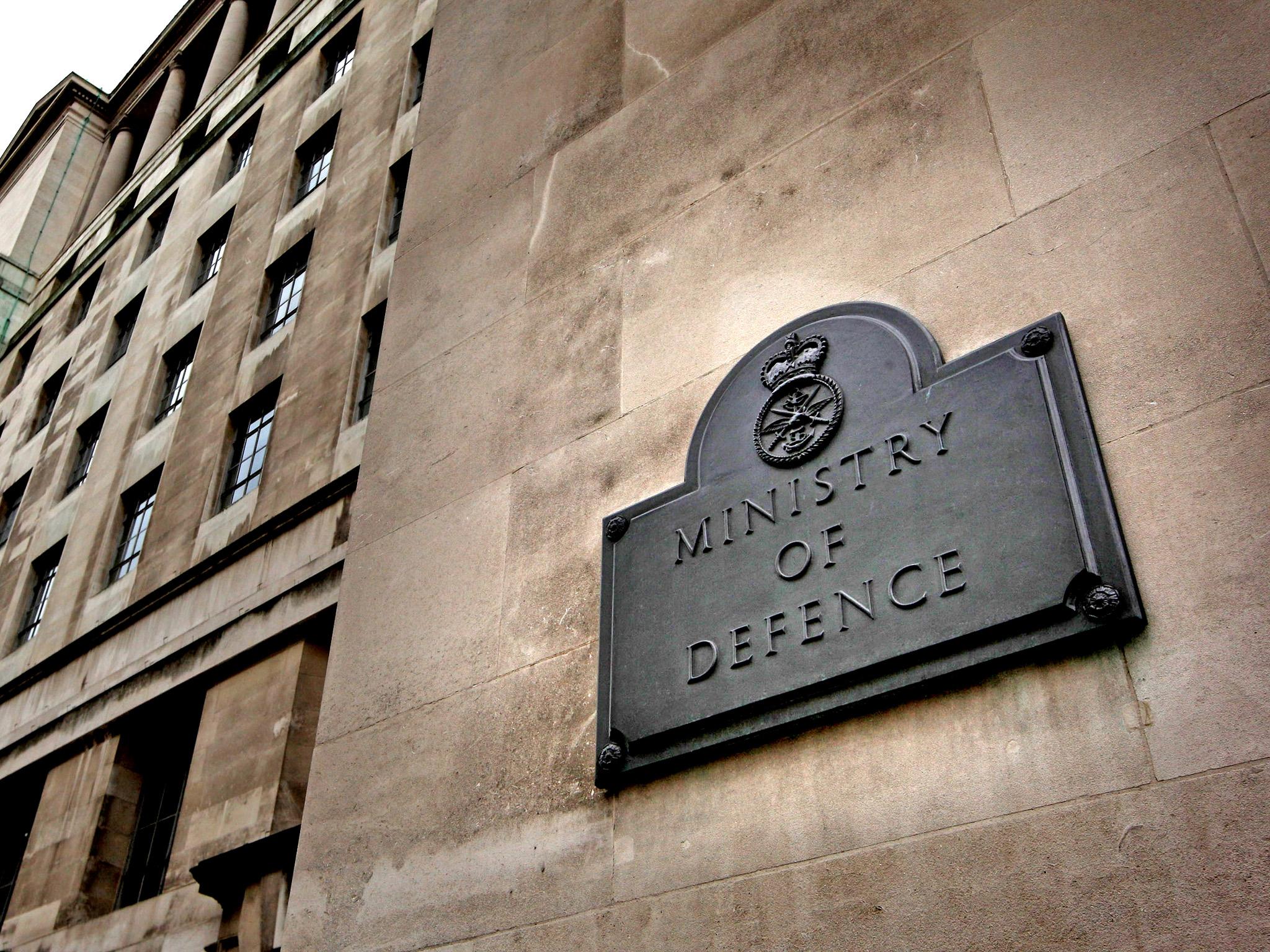Government emails targeted by cyber-gangs
Sophisticated hacking networks in China, Russia and beyond hit dozens of departments

Your support helps us to tell the story
From reproductive rights to climate change to Big Tech, The Independent is on the ground when the story is developing. Whether it's investigating the financials of Elon Musk's pro-Trump PAC or producing our latest documentary, 'The A Word', which shines a light on the American women fighting for reproductive rights, we know how important it is to parse out the facts from the messaging.
At such a critical moment in US history, we need reporters on the ground. Your donation allows us to keep sending journalists to speak to both sides of the story.
The Independent is trusted by Americans across the entire political spectrum. And unlike many other quality news outlets, we choose not to lock Americans out of our reporting and analysis with paywalls. We believe quality journalism should be available to everyone, paid for by those who can afford it.
Your support makes all the difference.Hundreds of government emails across dozens of departments were targeted by cyber-terrorists last year, according to a new report.
The Intelligence and Security Committee’s (ISC) annual report, said around 200 email accounts were attacked by cyber criminals across 30 different government departments. The report also revealed ‘key’ Ministry of Defence (MoD) data was stolen as part of a cyber-espionage attack.
There is growing concern within government at the rise of cyber-attacks, with ministers last year investing an additional £210m into its National Cyber Security Programme. It is understood many attacks originate in China and Russia, although Brazil and Iran are also thought to have sophisticated networks of criminals operating in this area.
The report stated the threat from cyber-attacks was at its ‘highest level ever’ and that it was expected to ‘rise further still.’
Cyber-attacks are often inflicted by perpetrators in different countries to where the crimes are committed, making it difficult for arrests and prosecutions to take place.
The report said the government departments were often attacked via industry supply chains, who hold government data on their own systems.
In its annual report to parliament, the ISC said the attacks occurred last summer: “In recent years, many government departments have come under cyber-attack: often, this has involved websites being disrupted by denial-of-service attacks, and last summer over 200 email accounts across 30 government departments were targeted in an attempt to steal confidential information,” it said.
The ISC said the government systems to protect against such attacks were “reasonably well developed” but concerns remain over whether updates to security software are applied quickly enough to protect networks.
Professor Alan Woodward, a cyber Security expert at the University of Surrey, said: “Over the past few years, cyber criminals and cyber warfare have become the two big problems. The cyber criminals are the ones doing it for monetary gain and over the last few years there’s been an enormous change – it’s been incredibly professionalised. It’s no longer spotty-youth in their bedrooms. It’s gangs of very clever criminals who are technical experts who are looking to fleece individuals or organisations or ‘money’ in some ways.”
The MoD was the victim of a cyber-espionage attack, according to the report that led to the theft of key data, in the latest evidence of the sustained cyber threats facing the UK. However, when contacted the MoD would not give details of the nature of the attacks.
The government and a group of defence companies last week joined forces to bolster protection against cyber-attacks in the UK. The partnership included such organisations as Hewlett Packard, Rolls Royce and Lockheed Martin.
Join our commenting forum
Join thought-provoking conversations, follow other Independent readers and see their replies
Comments